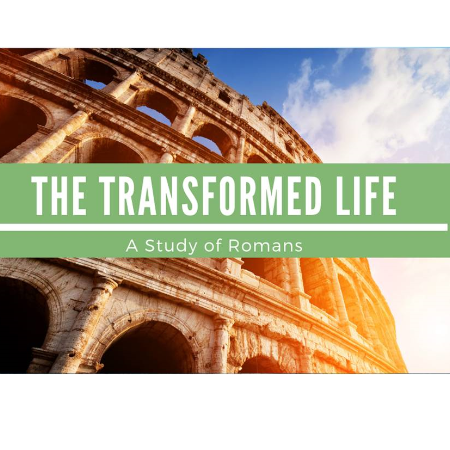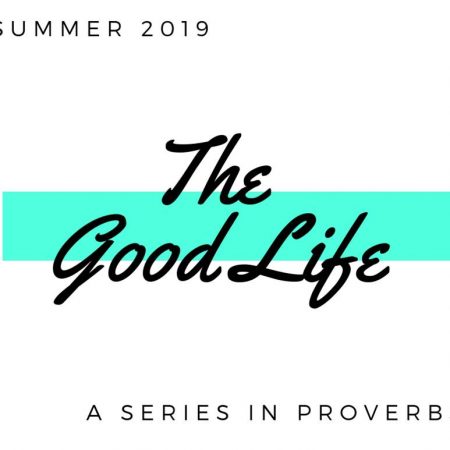Paul urges us, in light of God’s incredible mercy, to offer our whole selves as a living sacrifice. This, he says, is true worship. But what does it mean to be a living sacrifice?
Sermons on Proverbs
We believe the Gospel leads to life change. As we know Jesus more deeply, there is physical, emotional, and spiritual evidence. Are we hungry for the things of God or are we satisfied with the things around us? We must encourage one another toward life-change.
(Psalm 63:1-11/Proverbs 3:5-6/Matthew 26:38-39/Hebrews 12:1-2)
(Esther 2:19-23/3:1-2;5-9/3:13/Proverbs 13:20/ 1 Corinthians 15:33/Hebrews 5:14/1 Thessalonians 5:21/ Philippians 4:8)
(Genesis 1:10/12/18/21/25/31(b)/Proverbs 16:7/Isaiah 9:5-6/Colossians 1:19-20/John 14:27a/Revelation 21:3-4)
Bad people, good people, and religious people all need the gospel for a common reason.
Proverbs wraps up with a poetic depiction of a “wife of noble character” who is the embodiment of the Lady Wisdom metaphor. This poem charges us with honoring godly women and rooting our lives in the fear of the Lord.
Living the blessed life in a world with so much foolishness is difficult. In this look at the book of Proverbs we explore what it looks like to live with wisdom in a foolish world.
We have spent much of this series looking at how wisdom points us back to creation, but this week we will look at how wisdom impacts our plans for the future.
Relationships that we have with people inside our own families are some of the most important and formative things in our lives. This week we explore how to cultivate wise families.








.jpg)
